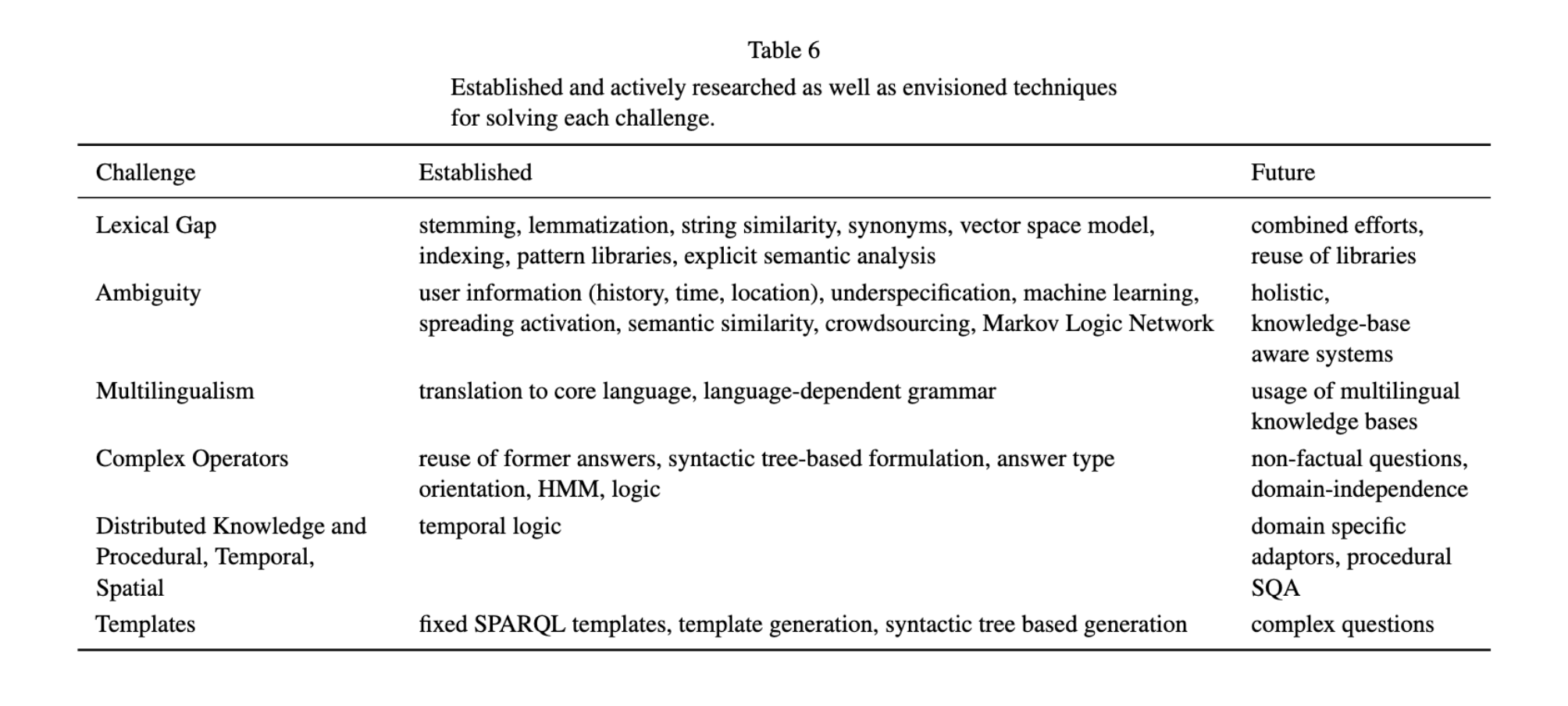知识图谱图分析&问题回答
图分析
图分析算法
Pathfinding and Search: Djikstra’s algorithm
Matching and coloring: k-coloring, graph equivalence
Centrality: Degree centrality, page-rank, betweenness centrality, closeness centrality
Clustering and Community Detection: Connected components, clustering coefficient
Matching: a set of edges that do not have a set of common vertices.
Coloring: Assignment of labels traditionally called “colors” to elements of a graph subject to certain constraints.
Centrality
Eccentricity: Maximum of minimum distances of a node to other nodes in the graph (某个点的偏心率也就是说连接该点到图中其他点的最大距离)
Central point: node with lowest eccentricity
Radius: distance: central point’s eccentricity (lowest max-distance)
Diameter: largest eccentricity (highest max-distance)
Degree Centrality: Nodes with maximum in-degree or out-degree
Betweenness Centrality: Number of all-pairs shortest paths a node participates
in
Closeness (Harmonic) Centrality: Inverse average of distance (or average inverse distance) to all other nodes
Clustering
Connected components: Set of nodes where each node is reachable from all other nodes
Clustering Coefficient
问答系统
子任务:
• Entity Linking
• Relation Linking
• Query Structure Discovery
• Identifying Logical Operators
挑战
Lexical Gap between ontology and language:
- String normalization – different forms of the same word
- Query expansion – adding additional terms
- Pattern libraries – translating complex phrasal structure into properties
- Entailment – using previous answers + reasoning to fill in missing facts
Ambiguity of questions and concepts
- Context-based or corpus-based filtering
- Constraints between concepts in the question
- Coherence models across ontologies and concept hierarchies
Multilingualism
Complexity of queries
- Multiple levels of indirection
- Aggregation, logical comparisons, quantifiers
- Indirect references to prior answers, nested queries
- Constraints on the answers
Distributed Knowledge across several KGs
- Identifying the right KG with the answer
- Understanding entity links between KGs
- Predicting missing links
Procedural, Spatial, & Temporal QA
- Answering tasks may require different types of knowledge
- Answer may not be an entity (e.g., “How do you make a sandwich?”
- Event-based questions require knowledge of “before” “after” “causes”
- Questions may use geo-coodinates, spatial relationships, containment
Template(-free) questions
- Question may not match existing structural patterns
- Question might require multiple structural schemas
- May require aggregation of answers from different query types and knowledge sources
解决方案

本博客所有文章除特别声明外,均采用 CC BY-SA 4.0 协议 ,转载请注明出处!